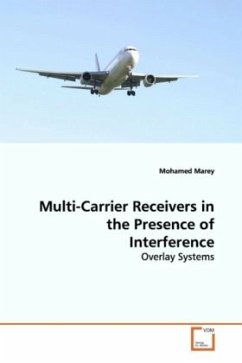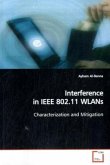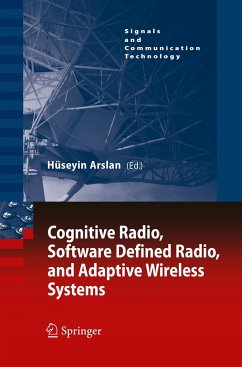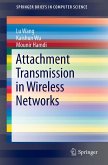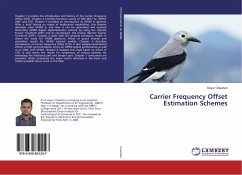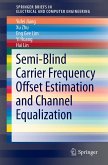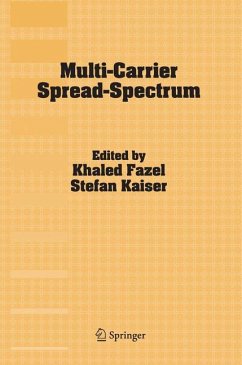The technique of multi-carrier (MC) transmission has
received wide spread interest, especially for high
data rate applications. Sometimes, scarcity of
available bandwidth necessitates spectrum sharing
between the MC system and other narrow band systems.
If a part of the spectrum of the MC system is
overlapped by a relatively narrow band transmission
signal, the latter will introduce narrow band
interference to the MC system, hampering the proper
action of the MC system. In such scenarios, the MC
receiver has to perform actions, such as channel
estimation and synchronization, in the presence of
possibly strong in-band interference. In this book,
we study the effect of digitally modulated narrow
band interference signals on some popular
synchronization and channel estimation algorithms
for uncoded and coded MC transmission. We also modify these algorithms to have better performance
in the presence of interfernce. Further, we develop
a new low complexity algorithm to estimate and
suppress interferers located in the MC spectrum.
received wide spread interest, especially for high
data rate applications. Sometimes, scarcity of
available bandwidth necessitates spectrum sharing
between the MC system and other narrow band systems.
If a part of the spectrum of the MC system is
overlapped by a relatively narrow band transmission
signal, the latter will introduce narrow band
interference to the MC system, hampering the proper
action of the MC system. In such scenarios, the MC
receiver has to perform actions, such as channel
estimation and synchronization, in the presence of
possibly strong in-band interference. In this book,
we study the effect of digitally modulated narrow
band interference signals on some popular
synchronization and channel estimation algorithms
for uncoded and coded MC transmission. We also modify these algorithms to have better performance
in the presence of interfernce. Further, we develop
a new low complexity algorithm to estimate and
suppress interferers located in the MC spectrum.

